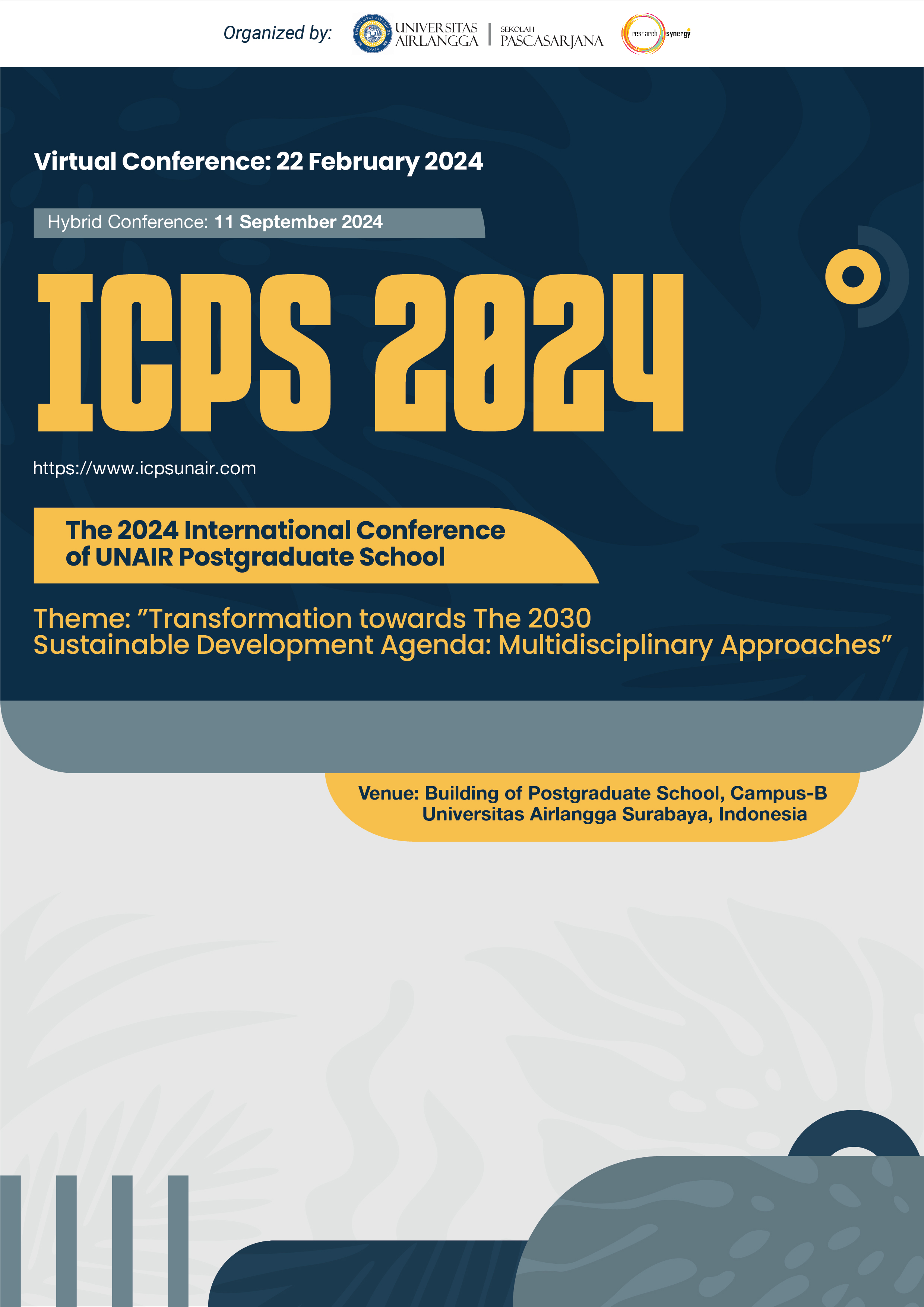Integrating Digital Imaging and AI in Forensic Odontology: Enhancing Identification Accuracy and Efficiency
Date
2024Author
Fauziah, Yessy Andriani
Darmadi, Eveline Yulia
Tjandra, Ryan Raditya
Metadata
Show full item recordAbstract
Background: The integration of digital imaging and artificial intelligence (AI) in forensic odontology can significantly enhance the accuracy and efficiency of dental identification processes. These technologies provide precise and rapid analysis, which is crucial for forensic investigations. However, implementing such technologies also introduces new ethical challenges that must be addressed. Purpose: To explore the synergistic use of digital imaging and artificial intelligence (AI) in forensic odontology. This section focuses on how these technologies improve identification accuracy and efficiency while discussing the ethical considerations that arise from their implementation. Methodology: This methodology involves a comprehensive review of the existing literature on the applications of digital imaging and AI in forensic odontology. Key studies, clinical trials, and case examples are analyzed to evaluate the effectiveness of these technologies in improving forensic outcomes. The review assesses these technologies’ impact on identification accuracy and efficiency while addressing ethical concerns such as data privacy and AI biases Results: The review highlights that the combination of digital imaging and AI significantly enhances the accuracy and speed of dental identification. Advanced algorithms can process large datasets and identify subtle patterns that are often missed by human examiners, resulting in more reliable forensic outcomes. However, ethical challenges, including data privacy concerns and potential biases in AI algorithms, are critical areas that require careful consideration and regulation. Ongoing research and policy development are essential to address these issues and ensure the ethical application of AI in forensic odontology.

